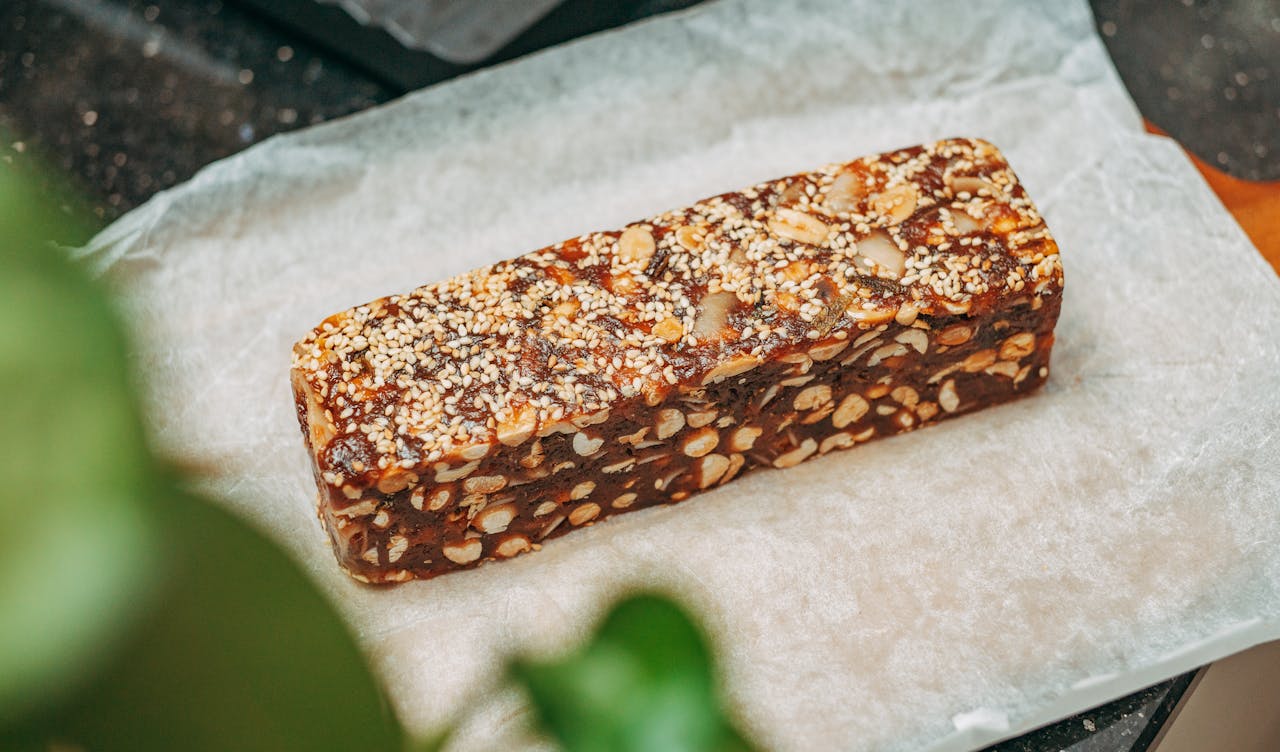4 “Healthy” Habits You Practice That Might Not Be So Healthy

We all want to be the healthiest and best version of ourselves. Yet, with so much wellness advice floating around out there, it's not always easy to find the answers. We may often think we're making the right choices, but in reality, what might seem like a healthy choice may actually backfire on us. To help you sort out the health from the not-so-healthy, here are some habits you might be guilty of that are actually doing more harm than good.
Over-Exercising
Remember, too much of anything is a bad thing. And believe it or not, exercise falls into that same rule. There are plenty of reasons why you might not want to overexert yourself. For example, if you're over the age of 70, you might have certain mobility issues that you need to be aware of.
You should ask your doctor for specific exercises that are conducive to your current physical health. You might also have certain breathing conditions or prior injuries that should be carefully managed. Diving too quickly and too heavily into an exercise routine can end up hurting you in the long run and may even discourage you from continuing your exercise program. Instead, stick to a routine that's reasonable and consistent.
Cutting Out Whole Food Groups
Eliminating an entire food group may seem like a good way to go since you see so many elimination diets out there. However, cutting out an entire food group or type of food, like carbs or fats can end up depriving your body of essential nutrients. Believe it or not, carbs are actually good for you and provide energy.
Not to mention, fat is a critical part of a healthy brain. Lastly, protein helps with muscle repair, which you need anytime you engage in physical activity. Focus on balance and moderation rather than extreme diets or deprivation diets. This will do you much more good in the long run.
Drinking Too Much Water
Staying hydrated is a good thing. Yet, overdoing it can lead to something called water intoxication. Yes, that's right, drinking too much water can rob your body of its sodium and electrolytes, ultimately leading to water intoxication. Drink an adequate amount, and more importantly, drink when you're thirsty. Forcing yourself to drink is unnecessary, and it affects your ability to recognize when you're thirsty or not.
Sleeping Too Much
There are so many different benefits to sleeping, which is why sleep is such an important part of a healthy lifestyle. However, sleeping too much can leave you feeling even groggier than if you had not slept at all and affect your ability to think clearly. Aim for seven to ten hours of sleep a night, and try to stay on a consistent schedule. Extreme increases or decreases in sleep throughout the week will ultimately lead to throwing your body's internal clock off.




